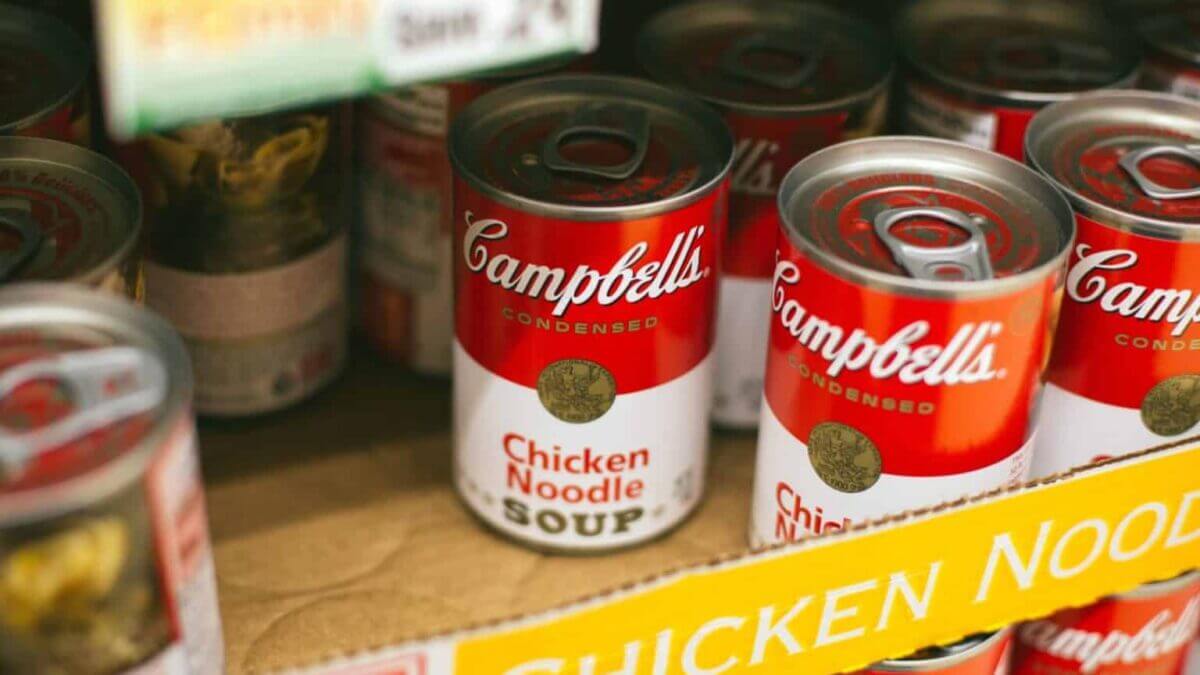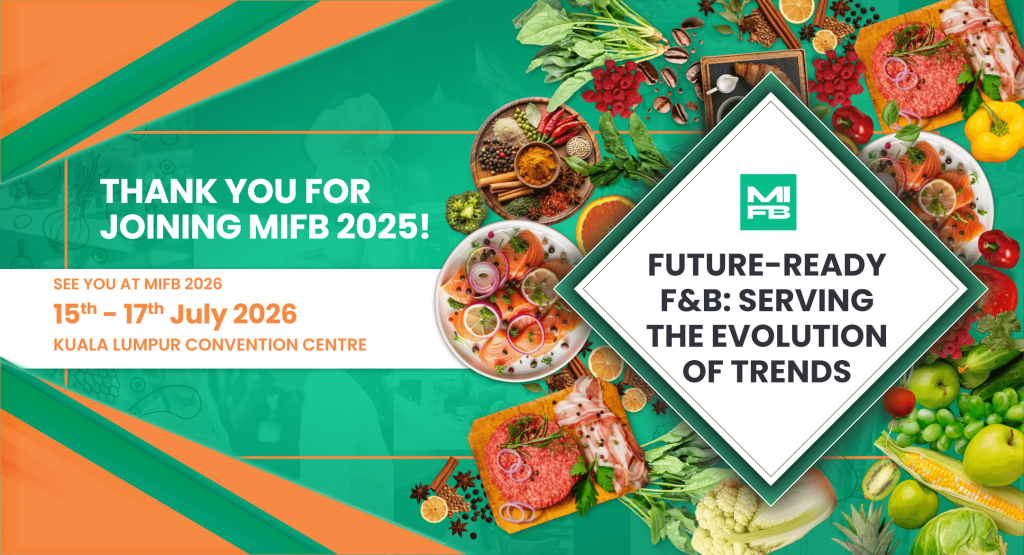Walk down any supermarket, mini market or convenience store aisle and you will see rows upon rows of brightly labelled, canned products.
On these same labels there can be sentences like “Premium quality”, “100% quality” and basically any phrases that imply the contents are the best there is out there.
Yet, have you ever wondered what does it mean to be “quality”?
In a nutshell, quality implies the excellence of a product. Now, that’s a fantastic thing for a consumer.
Let’s look at what makes canned food a desired, high-quality consumable by customers.
The perception of food quality is influenced by various factors such as its convenience, smell, taste, texture, meeting health and safety standards. In short, how closely it resembles its original, unprocessed form. Take note though that some of these criteria do not apply to certain products like SPAM.
In any business, the customer is king and what they want is what you need to deliver, lest you lose their business.
Buyers are fast becoming ever more demanding of what they want in a food product and the majority of people would agree that canned foods could be as superior as their fresh counterparts. Together with some additional benefits.
Sensory characteristics
Canning preserves most of the sensory aspects of a food or beverage. The appearance, flavour and texture of fresh foods are mostly kept intact to a large extent.
The canning process itself destroys microorganisms which cause the deterioration of fresh foods. It can also prevent things like browning due to oxidation, enzyme activity that affects food texture and even changing flavours due to air exposure. This way canning can keep a food product stable from the time the lid is sealed right up to when it is consumed.
The palatability of food is most times improved through the canning process. The very addition of sugar and salt as preservatives immediately makes many products taste so much better.
Tomatoes are a good example of a food that tastes better canned compared to fresh.
Foods such as beans and bamboo shoots become more tender, thus shortening the cooking time and making it a more convenient option for those who are hard-pressed for time.
Canning can cause some nutritional value to be lost due to the heating process. However, canned foods still remain a good source of nutritious foods.
The nutrition profile of fresh foods and vegetables do not last as long as their processed counterparts.
Studies have also shown that canned foods are nutritionally comparable and in some cases, higher than their fresh or frozen varieties.
Food safety
Like what was mentioned earlier, the canning process destroys microorganisms, protects the product from the elements and essentially keeps it from spoiling. Being sealed in an airtight container prevents reexposure to these unwanted conditions means that the food can last long without the need for refrigeration.
The metal cans are usually made of mild steel rolled into a thin strip that is electroplated with a thin coating of tin on both sides. These containers can withstand high temperatures, light, odours and air cannot permeate them so as to keep the contents safe for consumption. On top of that, they are tamper-proof. Think about it, it’s pretty hard to prick a needle to inject something into a tin can.
Strict monitoring, commonly done using the Hazard Analysis Critical Control Point (HACCP) system, is employed throughout the process to ensure quality.
Here on Malaysian soil, food companies have to follow strict legislation such as the Food Regulations 1985. The regulation contains, among other things, the definitions and standards for various food items, stipulate the permitted food additives and nutrient supplements and specifies their permissible limits.
The bottom line is, plenty of careful quality control and assurance throughout the food chain is necessary to ensure a quality product is made at the right time at the right cost.
Join MYFOODTECH 2020 if you want to showcase your canning technology to our local and international buyers and supplier. Reserve your booth now!



